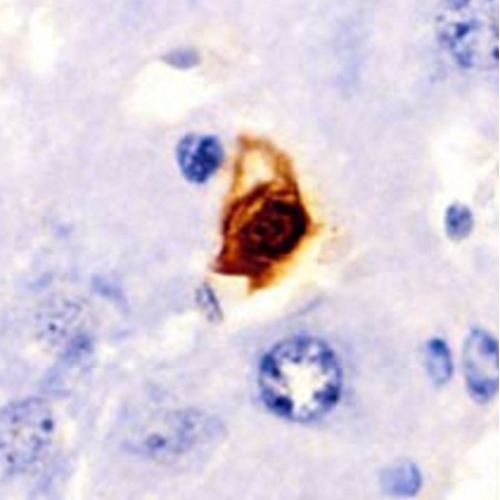Key points from article :
Researchers at Cold Spring Harbor Laboratory have made a significant breakthrough in ageing research by reprogramming T cells to slow down and potentially reverse the ageing process. Their study, recently published in Nature Aging, utilised a mouse model to explore this novel approach. T cells, a type of white blood cell crucial for immune function, were engineered using CAR T-cell therapy to target and eliminate senescent cells—damaged cells that accumulate with age and cause inflammation, which accelerates ageing and deteriorates immune function.
Dr. Corina Amor Vegas, the lead author of the study, emphasised that the immune system's ability to clear damaged cells diminishes with age. By reprogramming T cells to specifically target these senescent cells, the researchers found that the mice experienced several health benefits. Treated mice showed improvements in body weight, metabolism, glucose tolerance, and physical activity. Remarkably, the therapy also demonstrated preventive effects when applied to younger mice, who showed better ageing outcomes as they grew older.
This research not only suggests that CAR T-cell therapy could help in treating age-related diseases but also opens the door for future human applications. Dr. Yi Zhang, an expert from Hackensack Meridian Health, highlighted the study's potential to transform ageing research. He pointed out that while the approach is promising, further research is necessary to refine and optimize the therapy for human use. Overall, this study represents a significant step forward in understanding and potentially mitigating the effects of ageing through innovative cellular therapy.







